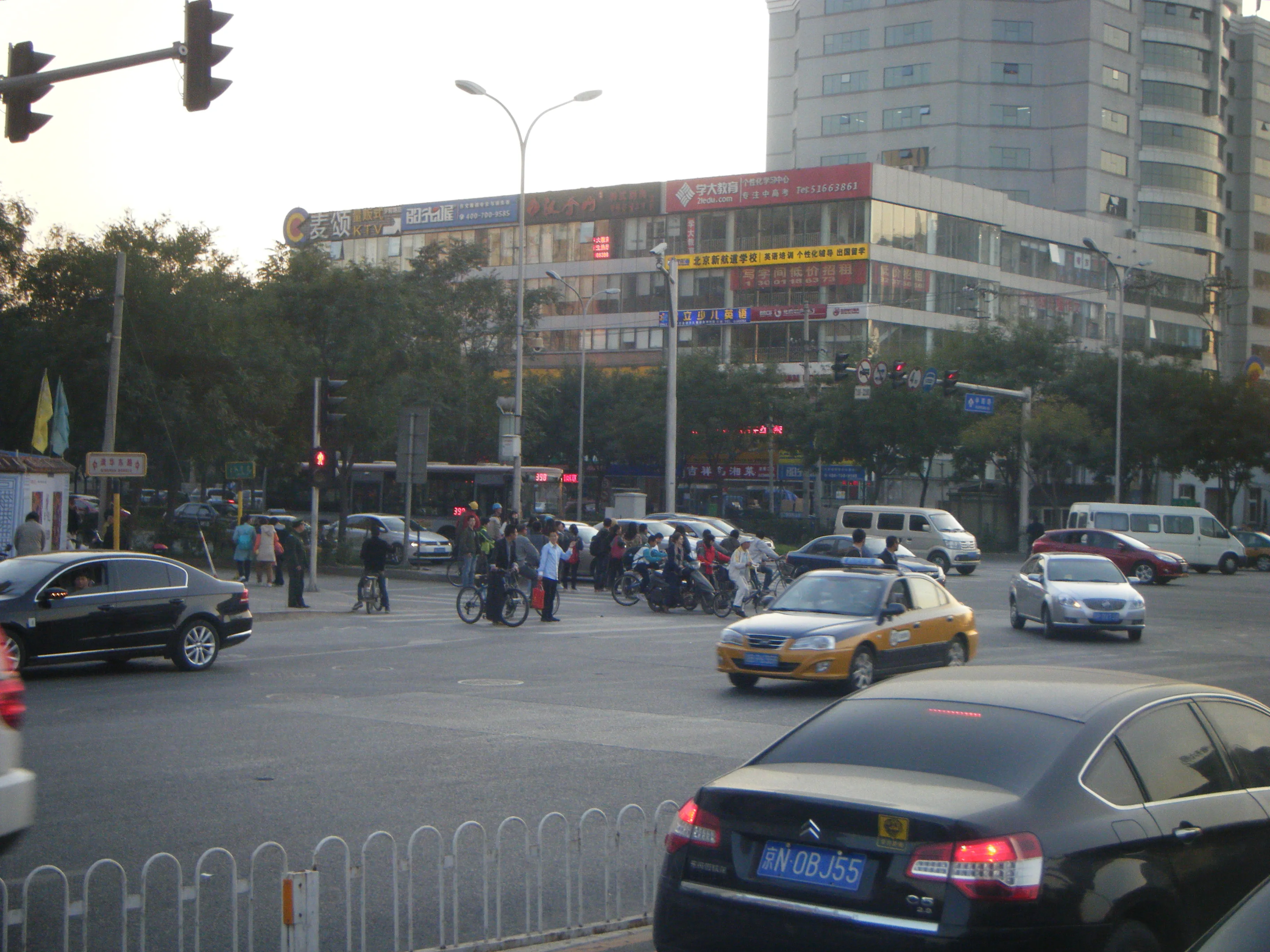A Trabant-based tank tour now tempts tourists travelling to German capital Berlin. A firm offers visitors a guided trip around Berlin in a replica of a tank, which is based on the chassis of the East German-made Trabant car. The replica tank is intended as a joke given the diminutive size of the vehicle and it sports a mock-up of a weapon on its roof. Some locals have found the joke somewhat less than amusing however. The firm runs a total fleet of some 50 Trabants in all, which it uses to provide tourists
February 22, 2012
Read time: 2 mins

A Trabant-based tank tour now tempts tourists travelling to German capital Berlin. A firm offers visitors a guided trip around Berlin in a replica of a tank, which is based on the chassis of the East German-made Trabant car. The replica tank is intended as a joke given the diminutive size of the vehicle and it sports a mock-up of a weapon on its roof. Some locals have found the joke somewhat less than amusing however. The firm runs a total fleet of some 50 Trabants in all, which it uses to provide tourists with guided tours. The Trabant has a low performance, high exhaust emissions and offers the crash protection of a cardboard box. The two cylinder, two stroke, 650cc engine of the Trabant was a slightly larger capacity version of a power unit developed in the 1930s and was lambasted for its crudity, dirty exhaust and low power output at the time of German reunification. At the time, Trabant owners were keen to sell their vehicles and buy more sophisticated cars and roadworthy examples of these tiny East German-made cars could be bought secondhand for a mere US$30. The last Trabants made were powered by a more modern VW engine but these retained the vehicle's pitiful impact performance as well as the bargain basement components and not surprisingly, failed to tempt buyers. Production ceased in the early 1990s. More surprising though is that the Trabant, widely acknowledged as one of the world's worst ever production cars, has become a collector's item in recent years. Highest prized is the open top military version that was issued to the East German Army.







